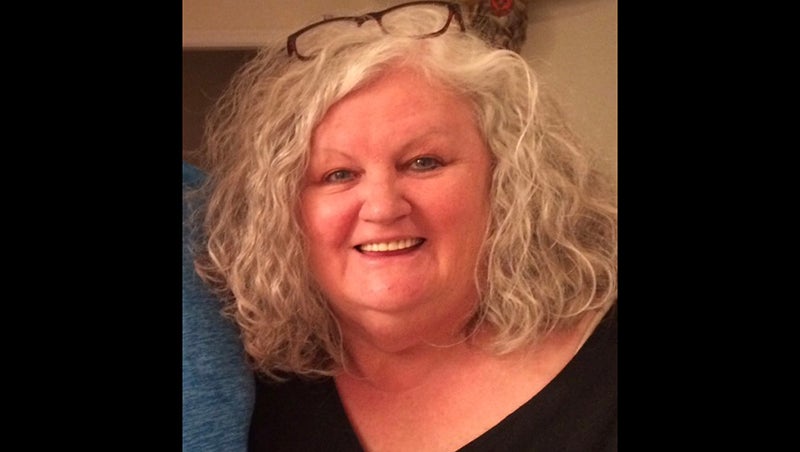You Decide: Can we have both health and wealth?
Published 6:19 pm Monday, June 1, 2020
|
Getting your Trinity Audio player ready...
|
By Dr. Mike Walden
In the five previous recessions I’ve lived through as a professional economist, the government did everything it could to encourage consumers to buy and businesses to sell. The more consumers bought and the more that businesses sold, the more employment and income would increase, and the more unemployment would drop. In other words, encouraging commerce was a way back to prosperity.
Today’s recession is different. For weeks consumers and workers have been told to stay home and avoid going to stores and work. Many businesses have been forced to close. Commerce has been purposefully limited. As a result, the economy has plunged into a deep downturn and unemployment has skyrocketed. It’s estimated the restrictions on buying and selling are costing the national economy $500 billion per month, $12 billion of which is here in North Carolina.
Of course, the reason the economic limits have been applied is to contain the Covid-19 virus, limit deaths and protect the health care system. A coronavirus (Covid-19) unexpectedly hit the world and the U.S. early this year. If left unchecked, the fear was hospitals would be overwhelmed and deaths would soar, with some estimates suggesting more than a million Americans could die from the infection.
Health experts said to contain the virus, social interaction had to be severely limited. Hence, we have been living with stay-at-home orders, business closures and rising joblessness as the cost of preventing something worse – massive deaths and disease and a health care system that couldn’t help everyone.
Now a new debate is growing. It appears in most states there has been success in preventing hospitals from being overrun with virus cases. Supplies of needed equipment, like ventilators, have also been met. And while the number of new cases and deaths continue to rise, the rate at which they are rising has slowed and – in some areas – dropped. These results can be interpreted as success in containing the virus.
As a result, there are calls for relaxing economic restrictions and re-opening more of the economy. Supporters point to the positive medical results cited above. They also cite data suggesting financial and mental stress may be rising as a result of the current economic challenges. This group – which I will label Economy Firsters – worry that if the economic restrictions remain too long, the current recession will turn into a depression.
Conversely, there’s a worry that re-opening the economy too fast or too widely could revitalize the spread of the virus and significantly increase the number of cases and hospitalizations – perhaps beyond what the health care system could handle. Those who favor a delayed, or very slow, approach to removing economic restrictions I dub Health Firsters.
So, the question is, can we have both wealth and health? Can we bring the Economy-Firsters and the Health-Firsters together? Normally the answer is “yes.” Normally more wealth in a country provides more resources for better health. Yet now isn’t a normal time.
When confronted with an issue like re-opening the economy versus keeping it under wraps to contain the virus, the typical approach of economists is to compare benefits and costs. While we have decent estimates of the benefits of relaxing restrictions in terms of added spending and more jobs, we’re not confident we have similar information on the cost side. Most experts predict we will have more infections and more deaths as the economy opens and interactions increase, but they are unsure how many more.
Still, life is full of many kinds of risks. For example, thousands die on the roads each year. Does that mean we should prohibit driving? As a society we have decided “no.” Instead, we rely on driver education, the common sense of drivers and the enforcement of driving laws to limit driving deaths and injuries because we consider the benefits from driving to be so high.
Perhaps a similar approach can be applied to the virus crisis. A middle ground recognizes the benefits of opening the economy and gaining jobs and incomes. It also pays attention to the possible consequences for more cases and deaths from permitting additional human contact while the virus persists.
A reasonable middle ground plan could rely on applying three components to re-opening the economy: safe behavior to reduce risks, testing to track risks and rapid intervention to control risks.
Behavior to reduce risks include those health experts have recommended – distancing, masks and hand washing. Ramping up testing allows identification of those infected before they can infect others. And rapid intervention to locations experiencing an uptick in cases can control those outbreaks from further spreading. Government and businesses will also have to work together so consumers and workers feel safe interacting.
The notion is we can have both – a functioning economy and protection from Covid-19 – until the virus is banished from our lives. Then we can get back to normal where health and wealth go hand-in-hand. Can we do it? You decide.
Dr. Mike Walden is a William Neal Reynolds Distinguished Professor in the Department of Agricultural and Resource Economics at North Carolina State University who teaches and writes on personal finance, economic outlook and public policy.
FOR MORE COLUMNS AND LETTERS TO THE EDITOR, CHECK OUT OUR OPINION SECTION HERE.





